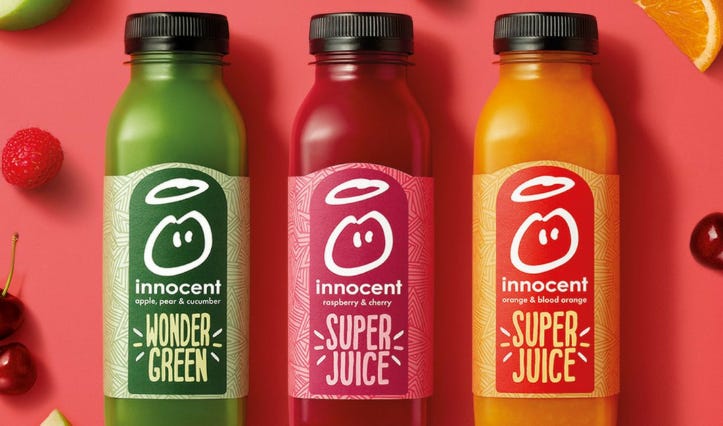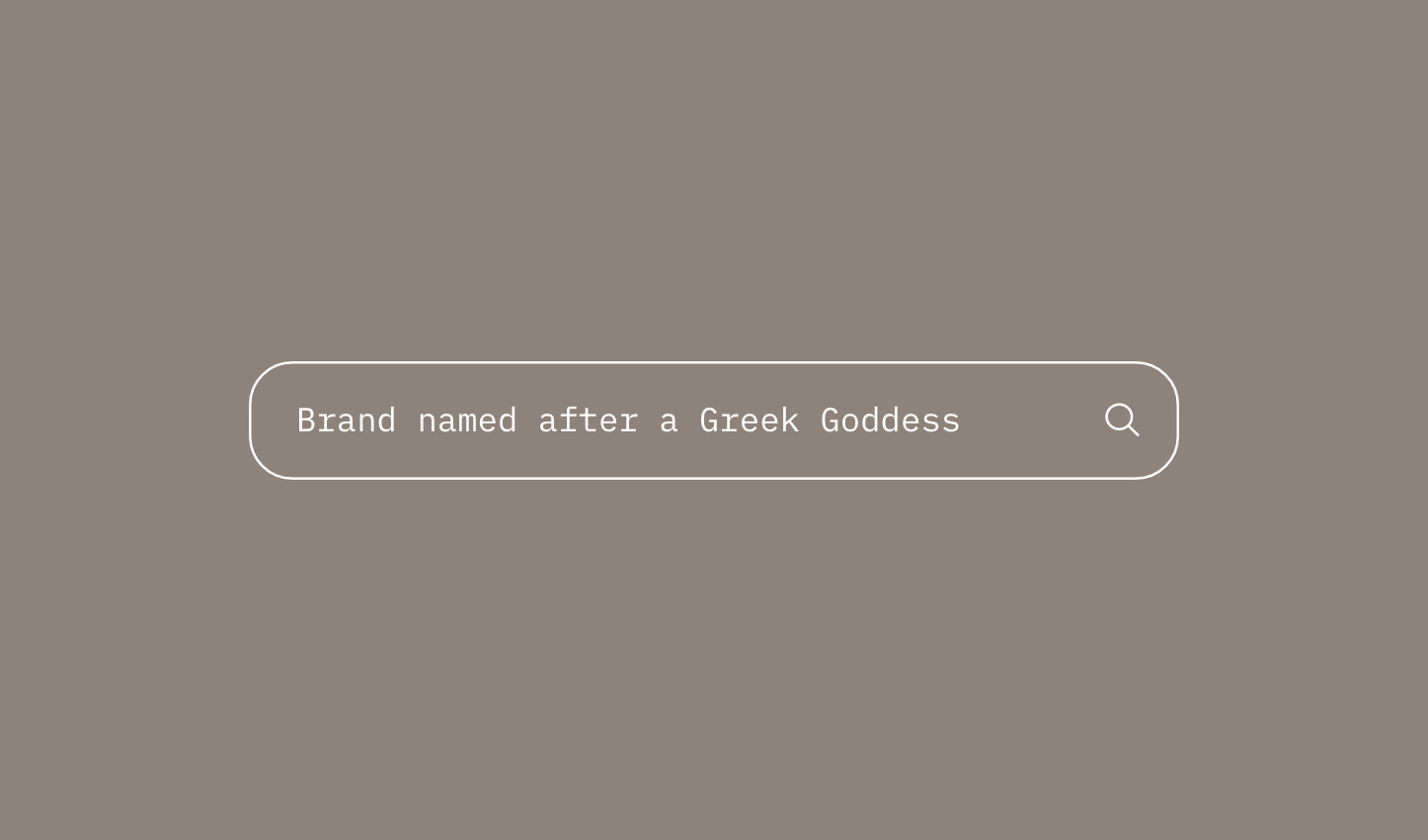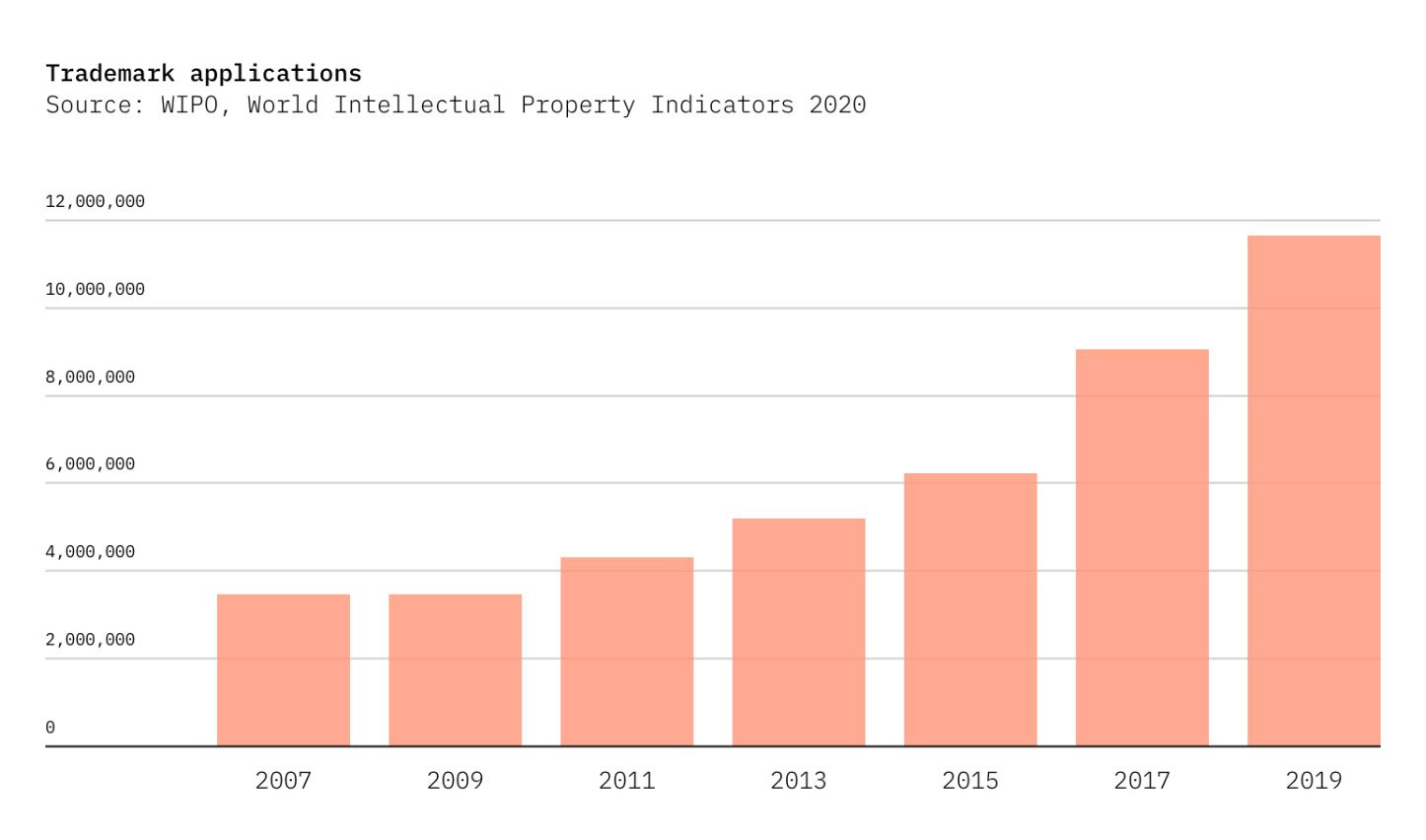The right brand name
A name is one of the most important opportunities to highlight what makes a brand special. Because in many situations a name is all there is. One word to communicate what an organisation stands for.
Few people can correctly recall how the logo of a certain brand looks like. But everyone can remember brand names just right.
A name is an essential part of what makes a brand. Names provide identity, help organisations stand out, and they can also play an important role in telling consumers what to expect. Getting the brand name right is vital, but finding the right one is not an easy task at all.
In part, because available names are getting scarcer. Every business, every startup, every website needs a name. Just in 2019 alone, almost 12 million trademark applications were filled worldwide. And that number has been steadily increasing year over year.
The difficulty in finding trademarkable names, might make it seem like appropriateness and availability are the most important criteria that a name needs to fulfil. But the right brand name needs to work much harder.
The right name tells consumers what to expect
When we name a brand, we are making the first conscious decision to influence how it is perceived by the consumer. That’s why brand names should tell something meaningful. Something that strips all the layers off, and communicates directly from the essence of the brand. The brand Nike for example, is set on the idea of making everyone feel like they can be a winner. And that core idea permeates everything, from the slogan (“Just do it”) and communication, to the brand name itself - Nike, the Greek goddess of victory.
A name is one of the most important opportunities to highlight what makes a brand special. Because in many situations a name is all there is. One word to communicate what an organisation stands for.

The right name is future proof
Reginald Kenneth Dwight changed his name to Elton John. Lucky and Goldstar had its name changed in 1995 to LG. Google was once called Backrub. Pepsi was Brad’s Drink.
Names can change, but just how often do they?
In the business world change is normal and often a matter of survival. Some well known companies have completely reinvented the scope of their offer, or changed names, in order to adapt to changing market dynamics or pursue more lucrative business opportunities.
Changing name can increase success chances by supporting new associations or a repositioning. But examples like Xerox are the exception, not the norm. Once businesses are established, a brand name will often stay untouched for a very long time.
It is a gigantic risk if you think about it. It almost always requires a massive communication effort, and will most definitely erode the existing brand equity and perception. That is why it is important to get it right from the start, and choose a name that gives a business enough room for growth, rather than restrict it. Because names can change, but they very rarely do.

The right name is aligned with business strategy
With the accelerating expansion of the competitive landscape, it is also increasingly challenging to find a name that stands out from competitors. But that’s not always the intention. Sometimes providing guidance, or the ability to fit within a certain category, are factors more aligned with the business strategy than assuming the role of a challenger.
A descriptive brand name can do a better job at guiding consumers than a more evocative name. That’s the case with sub-brands, where it is often more important that the consumer quickly understands what the new product and service is all about, e.g., Google Mail, Google Maps, Google Translate. Descriptive names can also help position a product or service as an alternative rather than a competitor. That is the case with supermarket own brands.
On the other hand, bold and evocative names can help a brand cut through the clutter, but also require a larger investment and communication support to bring them to life. Otherwise one risks having a brand name that is neither easy to understand nor meaningfully differentiated.

Developing a name, is one of the most important aspects of brand creation. The right brand name can help clarify a brand, tell audiences what to expect and even provide a clear competitive edge. On the contrary, a bad brand name can have a long lasting negative impact on the future of a business.
Thank you for reading!
David




